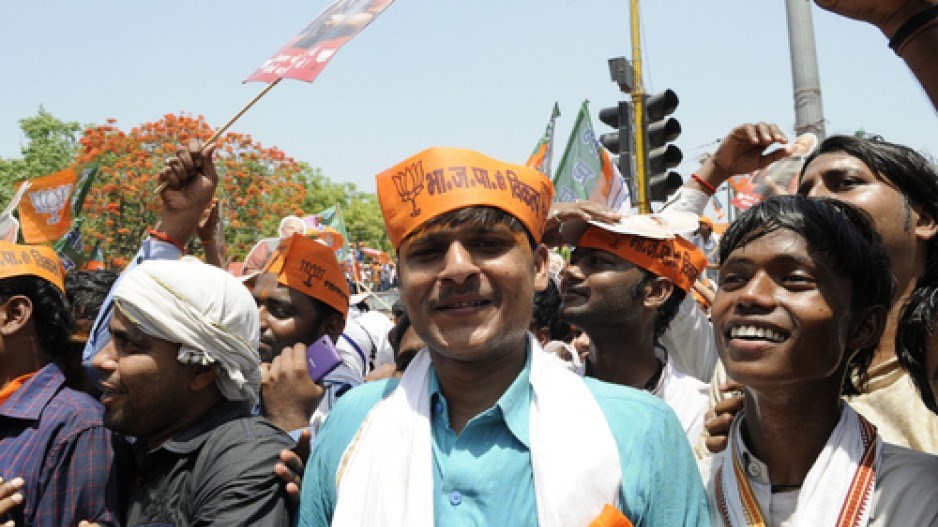Narendra Modi, leader of the pro-business BJP Party, has just been elected prime minister of India in a resounding victory over the Congress Party.
While the results could have a major impact on India and Indians, they are expected to have little effect on Canada or British Columbia.
“Relations between Canada and India under the previous government were moving along nicely,” said Kasi Rao,vice president of the Toronto office of the Asia Pacific Foundation of Canada. “There are fruitful collaborations between governments and universities, and ongoing negotiations for a free trade agreement.
"The election is an important signal to Canada that relations with India will continue to move in a positive direction on all fronts.”
The world's largest democracy, India has a population of 1.2 billion, two-thirds of which is under the age of 35.
“The principal issues during the campaign related to a new India agenda of economic development, growth, reform and anti-corruption,” Rao said.
“Thanks to steady growth rates of eight percent to 10% before the economic crash of 2008, between 100 and 150 million people moved above the poverty line, and more people expected to move up, too. But after 2008, growth rates have slipped to about 5%, and many people were disappointed.”
Rao said Modi is pro-business and open to foreign investment.
“He is expected to take a no-nonsense approach to governance, with a focus on the problems of the day, such as bottlenecks in the country's infrastructure, that affect India's growth,” he said. “People believe he can get things done and the Indian stock market has reacted very positively to his victory.”




